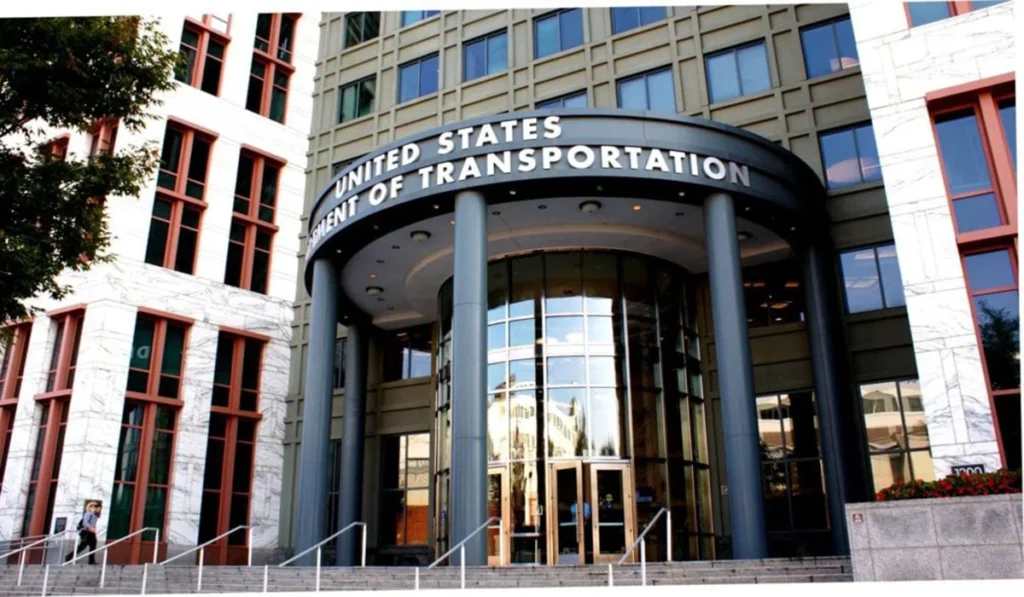A recent Yahoo! News article highlights the ongoing challenges surrounding the U.S. Department of Transportation’s (DOT) proposed rule to temporarily reinstate urine testing in certain circumstances due to delays in certifying oral fluid drug testing laboratories. DOT had previously finalized a rule requiring oral fluid testing as a less invasive and more secure option for observed collections. However, implementation has stalled as the Department of Health and Human Services (HHS) has yet to certify two required laboratories. In response, DOT proposed a temporary measure mandating directly observed urine tests, a solution they anticipate will end within a year of lab certification.
Critics, including occupational health experts and industry stakeholders, argue that this delay burdens companies that have already invested in training and equipment for oral fluid testing. They emphasize that DOT should prioritize accelerating the certification process rather than introducing interim measures that create additional operational and financial strain.
Why Oral Fluid Testing is the Better Option
It’s not hard to see why a push toward oral fluid and away from urine testing is being made. The non-invasive nature of oral fluid collection makes it a more comfortable and dignified option for employees, reducing resistance to testing. Unlike urine tests, which are easier to manipulate, oral fluid testing is nearly impossible to cheat, providing a higher level of reliability. Additionally, oral fluid tests deliver accurate results for detecting recent drug use, making them an ideal choice for safety-sensitive industries.
Another significant benefit is that oral fluid testing does not require a third-party collection company, simplifying the process and saving time and costs for employers. As the DOT works to implement this method, it presents a modern and effective solution to address privacy concerns and the increasing need for secure drug testing practices.





